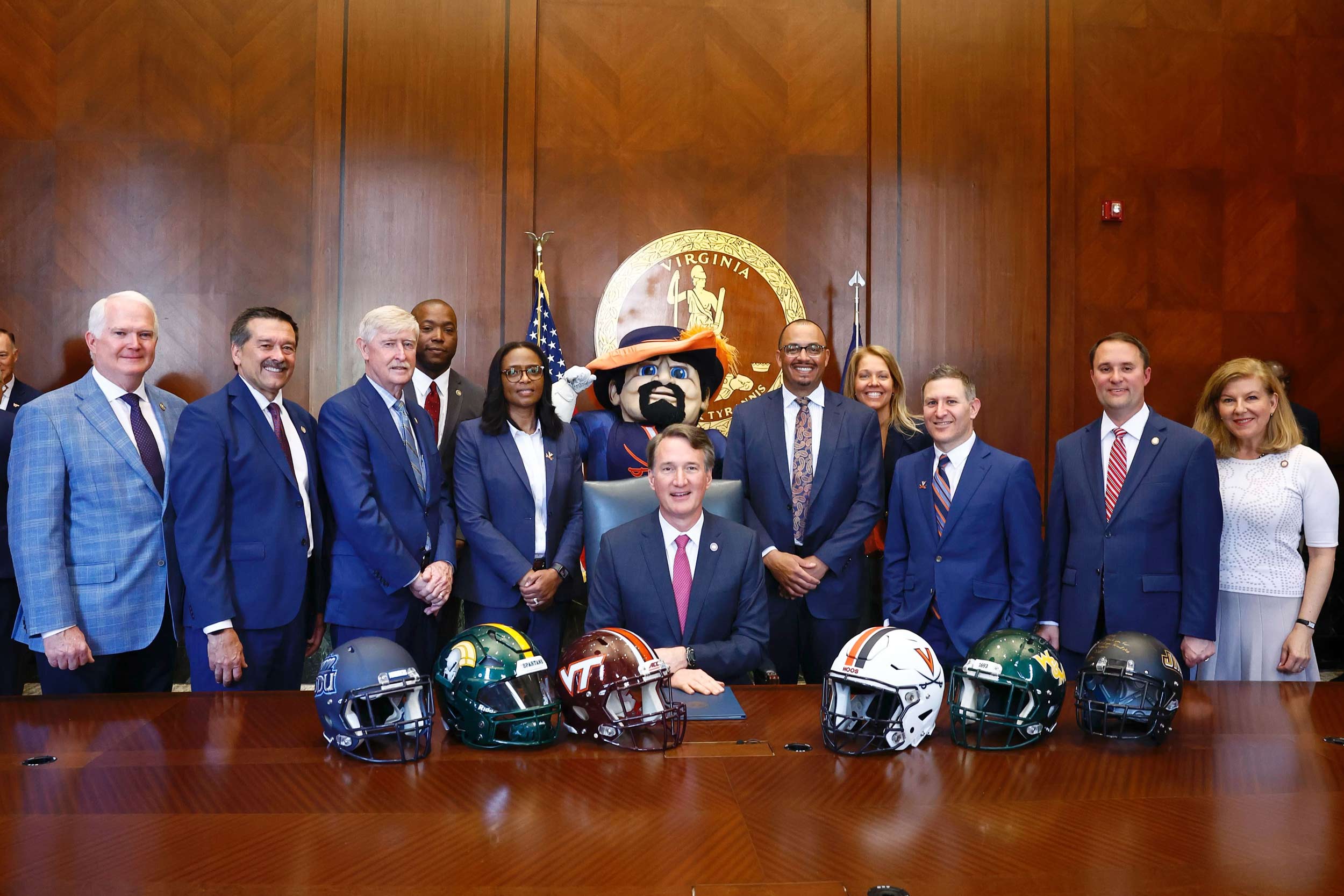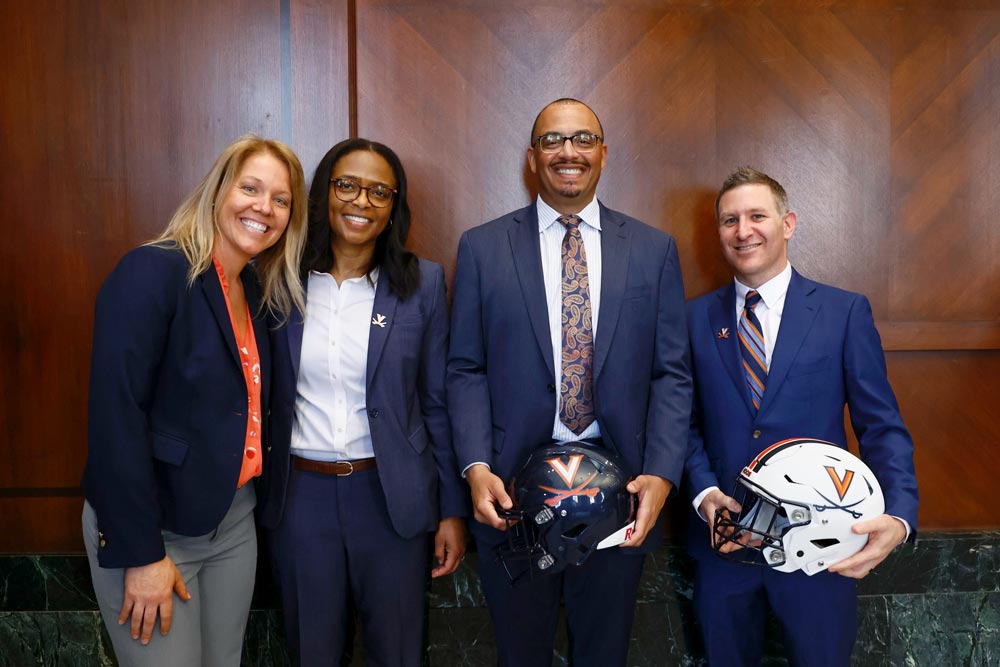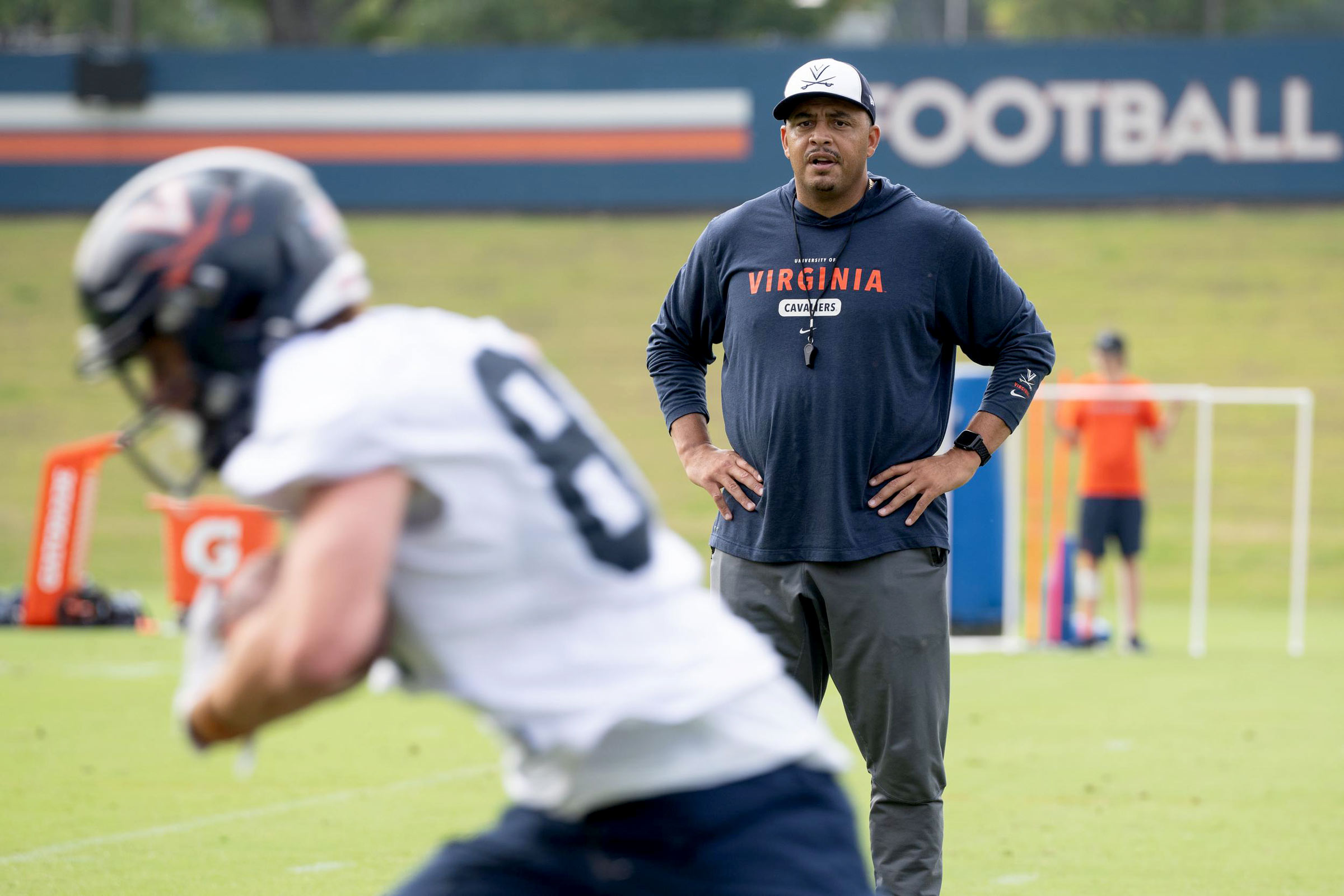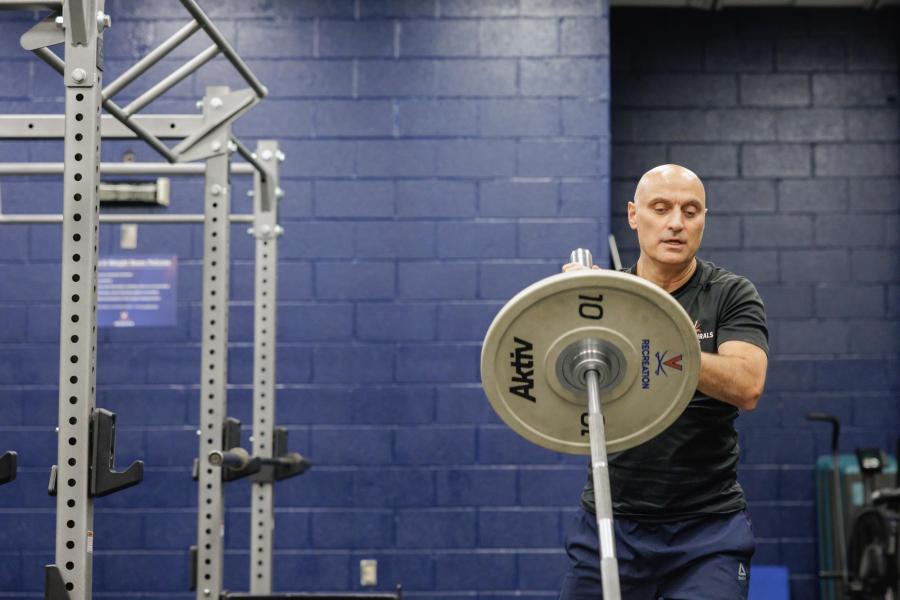Williams said UVA Athletics will continue to work closely with and assist with fundraising for its official collective, Cav Futures.
“The law provides much needed and practical flexibility,” Williams said, “but we haven’t made any (final) decisions about which provisions within the law we’ll actually activate. We’ll continue to support Cav Futures, we’ll continue to discuss our options internally, we’ll monitor the environment, we’ll talk with our coaches, our student-athletes, and we’ll make a decision that’s best for UVA.”
The bill also stipulates student fees are not allowed to be used to pay student-athletes for their NIL.
In supporting the bill, Williams said, UVA’s primary focus “was making sure we level the playing field so our student-athletes could fully maximize NIL opportunities.”
Other states have allowed their universities more freedom in the NIL realm, and that put schools in Virginia at a potential disadvantage. “Having different state laws and different applications of NCAA rules across the country creates competitive inequities,” Williams said, “which is obviously untenable.”
To those who suggest the Commonwealth of Virginia is making a complicated situation worse, she added, “I would say that if this state law gets us closer to a federal solution or a national solution, then it’ll be worthwhile. That’s best for our industry.”
UVA played a leading role in the development of the new legislation. Jason Baum, Virginia’s deputy athletics director for legal and regulatory affairs, helped draft the bill.
The process started, Williams said, because there “was concern among state legislators that colleges and universities in Virginia were being disadvantaged by an inconsistent and uncertain system.”
State legislators approached UVA about updating the state’s existing NIL law, Williams said. “After consulting with the University and the University’s government relations staff, and also consulting with our colleagues at other universities in Virginia, UVA agreed to serve as the primary contact for expertise and technical support for the development of the amendment.”
In 2021, the NCAA began allowing student-athletes to be compensated through NIL opportunities. However, not long after, the NCAA started imposing additional restrictions on NIL.
Since then, Baum said, UVA has been examining “the landscape of college athletics and NIL. And so we’ve been looking at all 50 states with regard to what’s out there (concerning NIL), and we’ve been monitoring the industry. We’ve been monitoring the state legislatures.”
Legislatures in such states as Missouri, New York, Oklahoma and Texas have been amending “their state laws,” Baum said, “and so we’ve been very mindful of everything that’s been going on, and we’ve been thinking about what could also be beneficial for this state law. So, we incorporated some of those aspects.”
Elliott said the bill “gives us an opportunity to have a conversation (with student-athletes) without feeling like you’re breaking a rule or crossing a line that you’re not supposed to cross, and it allows us to be able to speak openly.







